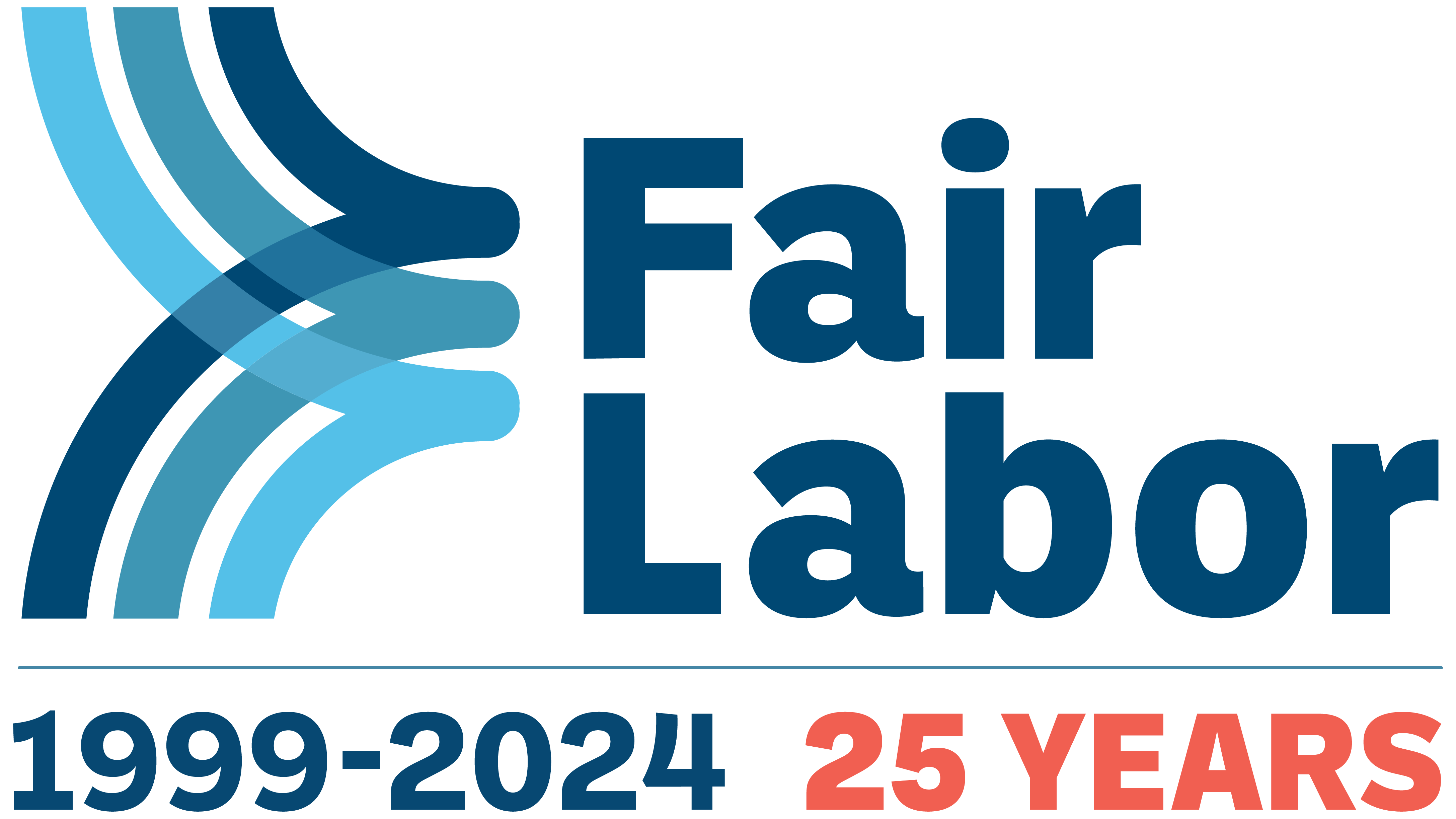Emerging Good Practices and Challenges
The World Bank reports that among the 2.1 billion people worldwide estimated to be living in poverty, “a vast majority … live in rural areas … mostly employed in the agriculture sector.” To catalyze progress on fair compensation for farmers and workers involved in agricultural supply chains, FLA assessors began collecting information from workers in 2015 on wages earned at the farm-level in seven countries where the FLA conducts agricultural monitoring.
This report examines compensation-related trends indicated by the FLA’s annual monitoring visits in the 2015-2016 cycle, and elaborates on the challenges FLA assessors encountered in their first attempt to add the collection of comprehensive wage data to the labor rights information recorded on each farm visit. The effort to record compensation data is intended to help multi-national brands better understand the wages paid to workers at the farms from which they source, though FLA assessors reported several obstacles to effective data collection. Unlike the better-documented pay systems FLA assessors often find in factories, agricultural assessors found that many of the farms they visited lacked key documentation about workers’ wages. In many cases, farms were unable to provide corroborating materials like work contracts, pay stubs, payroll records, hours-of-work records, or documentation of in-kind benefits. Inconsistent pay structures, temporary work arrangements, and compensation provided by sharecropping also made it difficult for assessors to compare wages from farm to farm, or from region to region, to help brands prioritize where workers would benefit most from remedial action to raise wages.
The FLA will continue to refine and improve its agricultural wage data collection process to more accurately report to companies on the compensation levels found in their supply chains. In the meantime, the FLA’s annual farm assessment process has identified a number of areas that require corrective action from companies now, such as legal violations like wage discrimination and non-payment of minimum wages. FLA member companies draft remediation plans for all such violations found during the annual assessment process, and are working to find sustainable solutions to persistent issues. In addition, this report identifies strategies already being pursued by multi-national companies acting individually, collectively, and in cooperation with workers, governments, civil society, and others, to help raise wages where they are too low. These strategies include:
- Increasing prices paid to smallholder farmers,
- Simplifying value chains by sourcing directly from producers or by committing to purchasing their full output,
- Raising workers’ awareness of their rights and empowering them to participate in wage-setting initiatives,
- Establishing alternative means of delivering increased income to farmers to support fair wages, such as adding a social premium to the prices paid to farmers, or providing financial support for farm-level productivity improvements,
- Using technology to communicate directly with workers, collecting candid feedback on company progress toward meeting fair compensation goals, and
- Rewarding responsible suppliers and producers that adopt fair compensation practices to discourage a “race to the bottom.”
Companies that aspire to be leaders in social responsibility are setting their compensation goals beyond compliance with statutory norms – which are often inadequate to meet the basic needs of workers – and are working to adopt fairer, more sustainable compensation practices. While data collection at the farm level poses special challenges, companies need not wait for the development of a perfect information gathering strategy, before taking action where initial data, or findings of legal non-compliance, indicate that workers aren’t earning fair compensation. Find more information in the report below about the FLA’s work to quantify pay levels at farms, along with examples of actions taken by companies and other stakeholders to raise wages for farmworkers.
